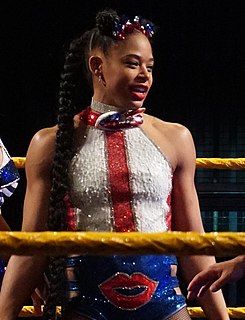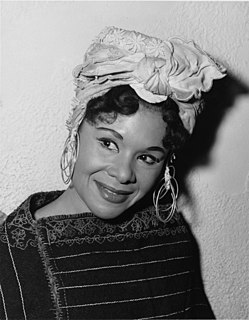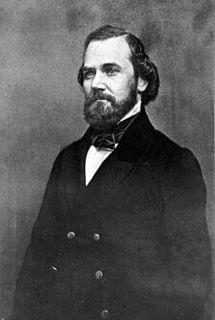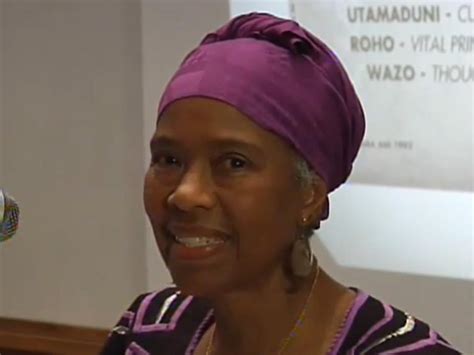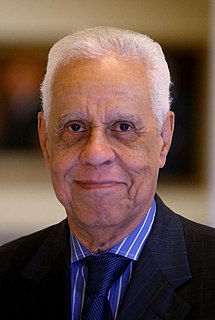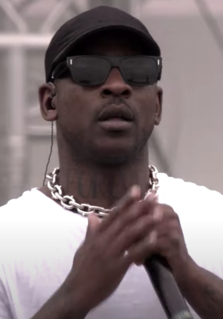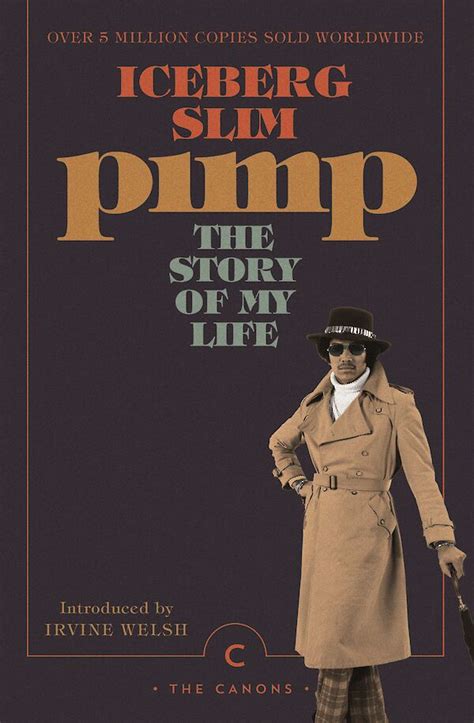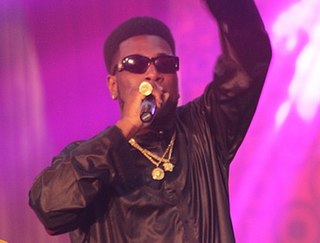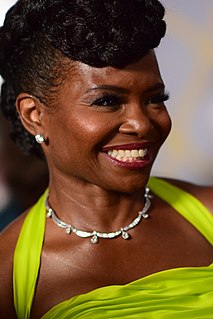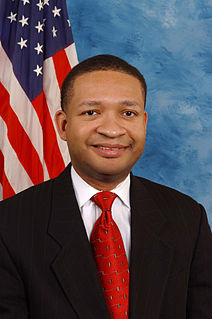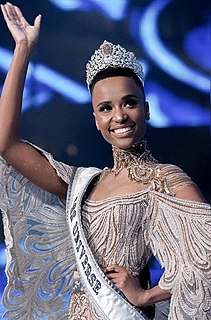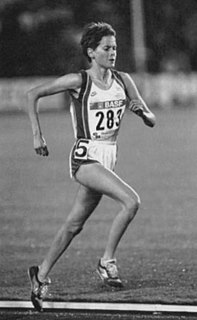Top 1200 African Quotes & Sayings - Page 4
Explore popular African quotes.
Last updated on December 22, 2024.
I spent my youth and my most formative years in Africa. I left Africa when I was about 20, 21, and when Mo says a great African, I was really moulded by my African experience, although I had the good fortune that by the time I was 24 I had studied and worked on three continents - Africa, the US, and Europe.
Having travelled to some 20 African countries, I find myself, like so many other visitors to Africa before me, intoxicated with the continent. And I am not referring to the animals, as much as I have been enthralled by them during safaris in Kenya, Tanzania and Zimbabwe. Rather, I am referring to the African peoples.
Many White people are not sensitive to the kind of abuse that African Americans, especially younger African Americans, receive at the hands of police officers and police departments. I think for most Whites their experience with the police has been good or neutral because they don't interact with the police as much as those in the Black community.
I'm always talking about how representation is such an important thing - it's not just a request, it's a requirement - it needs to happen. So, to be a part of representation and to go down in the history books as the first African-American woman to win, and the second African-American to win the Royal Rumble is an honor.
China surely must be interested in a more stable, non-antagonistic relationship with the African continent precisely because of its own needs. And therefore would have to say in our own interests, as China, it is necessary that we participate in the process of the development of the African continent.
Like anyone else in television, I like to explore my life experience. And I don't think African-American artists see doing shows or art about African-Americans as something 'less than.' I think maybe the industry sometimes does. We don't get as much attention, we don't get critical acclaim and so on.
[Winning the White House was an achievement], but as an African-American, [Barack Obama], I think the symbolism is in how he conducted himself. The symbolism was in - and this sounds really, really small, but it's actually big for African-Americans - the symbolism was not in being an embarrassment, but to being a figure that folks were actually proud of.
You're not an African because you're born in Africa. You're an African because Africa is born in you. It's in your genes.... your DNA....your entire biological make up. Whether you like it or not, that's the way it is. However, if you were to embrace this truth with open arms....my, my, my....what a wonderful thing.
[ Won the 2015 African Player of the Year]meant everything to me. It was the first time a footballer from Gabon was elected Africa's Footballer of the Year. Even for the Bundesliga, it was something no African player had ever achieved. It still makes me incredibly proud and the happiest person on the planet.
Obama was elected in a flourish of promise that many in the African-American community believed would help not only to symbolize African-American progress since the Civil War and Civil Rights Acts but that his presidency would result in doors opening in the halls of power as had never been seen before by black America.
In the industry, artists of of color struggle the most. Caucasian artists have really solidified themselves in the industry, and with African Americans now we see directors and producers who vow to only produce work that shines a light on African American artists. But everybody in the middle gets lost.
When I was a youth, to be called 'African' was a diss. At school, the African kids used to lie and say they were Jamaican. So when I first came in the game, and I'm saying lyrics like, 'I make Nigerians proud of their tribal scars/ My bars make you push up your chest like bras,' that was a big deal for me.
African-Americans have always viewed the protection of black lives as a civil rights issue, whether the threat comes from police officers or street criminals. Far from ignoring the issue of crime by blacks against other blacks, African-American officials and their constituents have been consumed by it.
As far as being an African artist, my inspiration has been the fact that I'm a part of the generation that will put Nigerian African music on a global scale. It's been a long road for us, but I believe we're finally at that point where we can showcase our music to the world and get international recognition.
The idea that there is one kind of African is of course ridiculous. Sometimes African entrepreneurs want to kill you because you are saying public health is the priority, not roads. Of course they are right to press for that issue, but so are we right, I believe, to argue for example that millions of children could and should be vaccinated.
I think if some people know anything about African cinema it's something like the The Gods Must Be Crazy, which is such an awful, condescending movie that debases African participation, and anything I can do to shift that and draw attention to rich and widely varied films that come from there- because there's all kinds of filmmakers from Senegal, you have Mambety, and Haroun with Grigris.
For centuries, Europeans dominated the African continent. The white man arrogated to himself the right to rule and to be obeyed by the non-white; his mission, he claimed, was to "civilize" Africa. Under this cloak, the Europeans robbed the continent of vast riches and inflicted unimaginable suffering on the African people.
Ron Karenga wrote a book back in 1968, and in that book, he said that the reason, part of his motivation for starting Kwanzaa was because he felt that Christianity was the white man religion, and he didn't like Jews, and so he made up this lie. And he called it an African holiday because he was concerned that if he didn't call it an African holiday, that black Americans would not participate in it.
When I looked at 'Dear White People,' you have four African-American students who are all very different and who are trying to figure out who they are. They're dealing with identity issues and crises. That is exciting to me, to see African-American young people on a page, on a screen, who are so diverse and whose stories are all so different.
The total liberation and unification of Africa under an All-African Socialist Government must be the primary objective of all Black revolutionaries throughout the world. It is an objective which when achieved, will bring about the fulfillment of the aspirations of Africans and people of African descent everywhere. It will at the same time advance the triumph of the international socialist revolution.
With respect to Barack Obama, let's face it; Barack Obama is an iconic figure in the African-American community. We respect that. We understand that. African-Americans are going to vote for the first black president, especially when he happens to share the liberal politics on economic issues that many in that community hold.
The Academy just reflects Hollywood. And until we break those barriers, until we have African-American or minority studio executives, 'til we have people who are greenlighting movies with African-American actors - the Academy is not going to change until Hollywood changes, so we have to start with Hollywood.
If I were not African, I wonder whether it would be clear to me that Africa is a place where the people do not need limp gifts of fish but sturdy fishing rods and fair access to the pond. I wonder whether I would realize that while African nations have a failure of leadership, they also have dynamic people with agency and voices.
I started as an engineer. I migrated to philosophy and international politics. And I did my studies about African - Africa democracy and democratization in Africa, taking Kenya as a model. And then, while I was doing so in 1996 in South Africa, Al Jazeera was established. So they requested me to be an analyst on African affairs.
Sure, there's a chunk of African-Americans out there who associate the Republican Party with racism, frankly particularly in the Deep South. It's an unfair perception, but it exists. Over a period time, that perception will die away if Republicans are focusing on issues that happen to impact African-Americans.
The fact that I was African American was never addressed, and that allowed me to just be a student, like anyone else. I was not aware of how rare it was to be an African American, how rare it was to have four years of training under my belt, and how, even though I could imitate people and fake it, unprepared I was to become a professional.
I don't regret the fervor, because I do believe, in the African American community but also for other communities, and I know from talking to people, for communities around the world, the election of an African American to the most powerful office on Earth meant things had changed, and not just in superficial ways. That in some irreversible way the world was different.
That happens to a lot of couples. I understand the black history in this country, and regret it, I wish it hadn't happened. See, I also know that it hasn't happened to African-Americans alive today. There isn't one African-American alive today who's treated as three-fifths of a person like it was in the past.
In community after community, there are unemployment rates among young African-Americans of 30 to 40 percent. Thirty to 40 percent! Kids have no jobs, they have no future. That is an issue that has got to be dealt with simultaneously as we deal with police brutality, voter suppression and the other attacks that are taking place on the African-American community.
The idea that there is one kind of African is, of course, ridiculous. Sometimes African entrepreneurs want to kill you because you are saying public health is the priority, not roads. Of course they are right to press for that issue, but so are we right, I believe, to argue, for example, that millions of children could and should be vaccinated.
In a one-hour documentary, you can tell maybe ten stories. That's how the documentary is structured. I wrote to forty of the greatest historians of both African and African-American history, and hired them as consultants. I had them submit what they thought were the indispensable stories, the ones they felt this series absolutely had to include.
Regarding African education in this country, there was a time when the government took no interest whatsoever in African education. It was the churches, that part of civil society, which bought land, built schools, and employed and paid teachers. People like myself, right from grade eight up to university, I was in missionary schools.
The United Nations and the Organization of American States have named 2011 as the International Year for People of African Descent. This is an opportunity for all of us around the globe to celebrate the diversity of our societies and to honor the contributions that our fellow citizens of African descent make every day to the economic, social and political fabrics of our communities.




